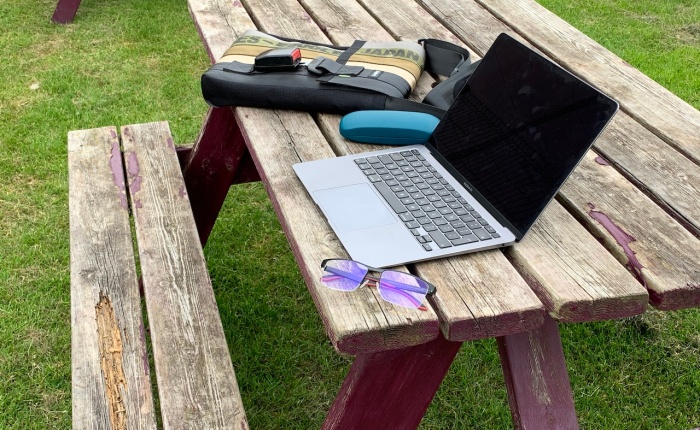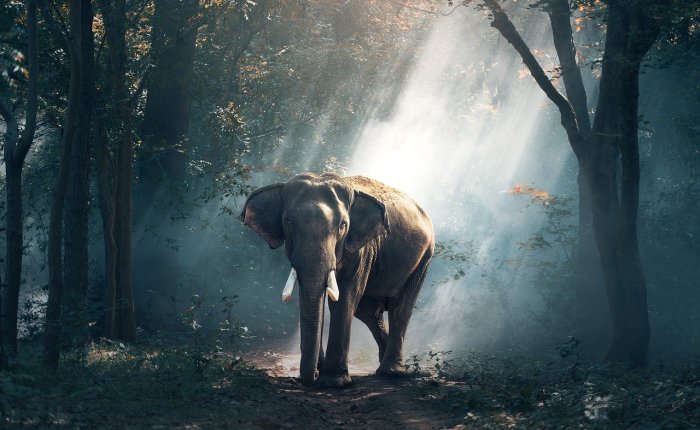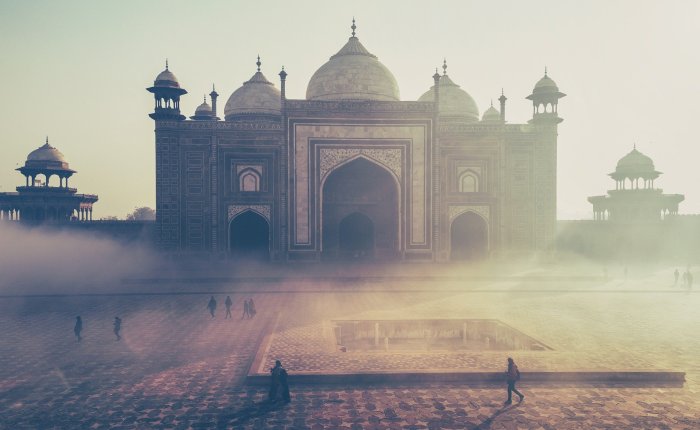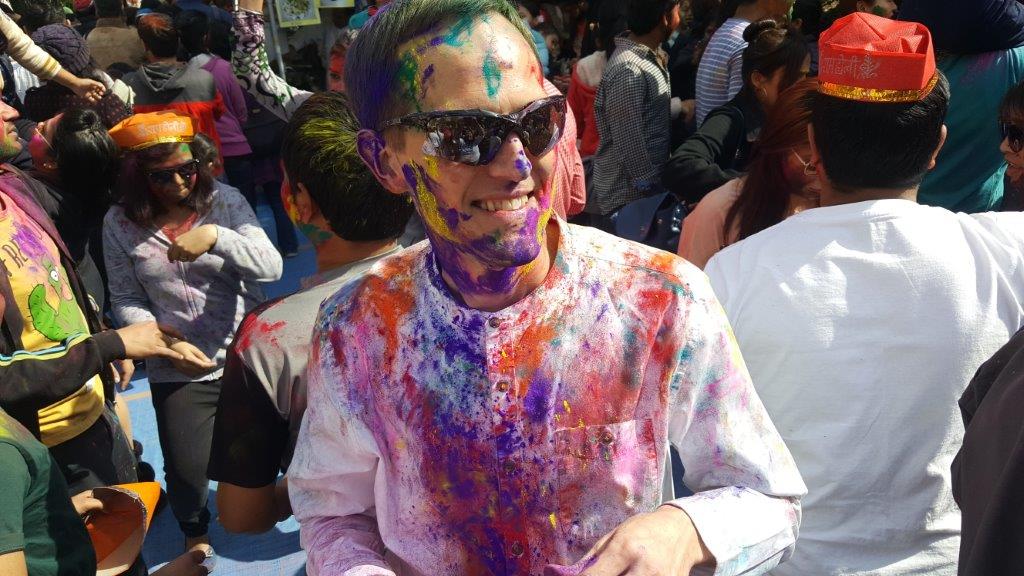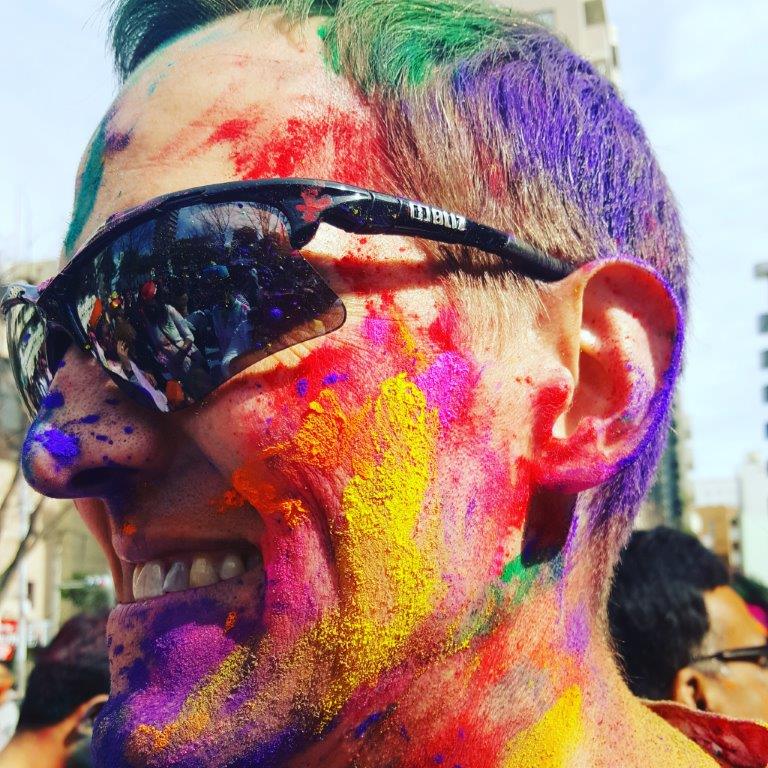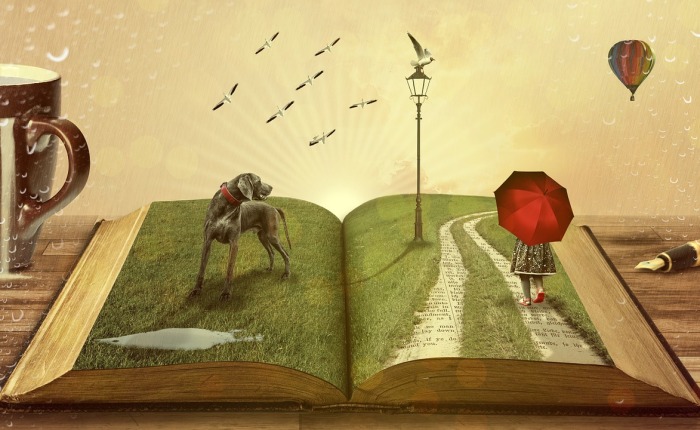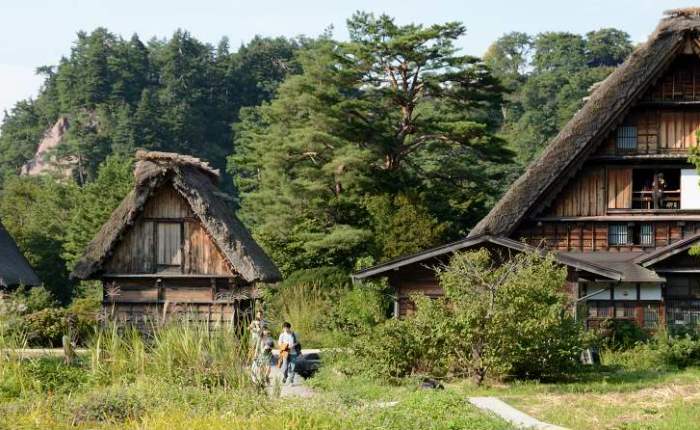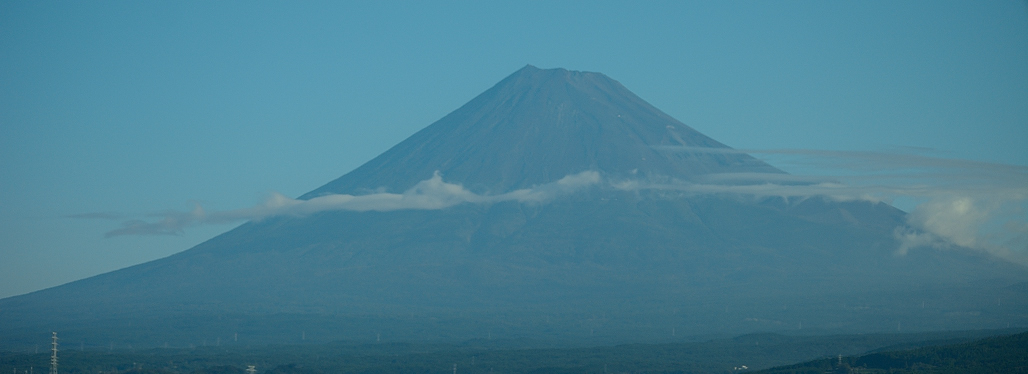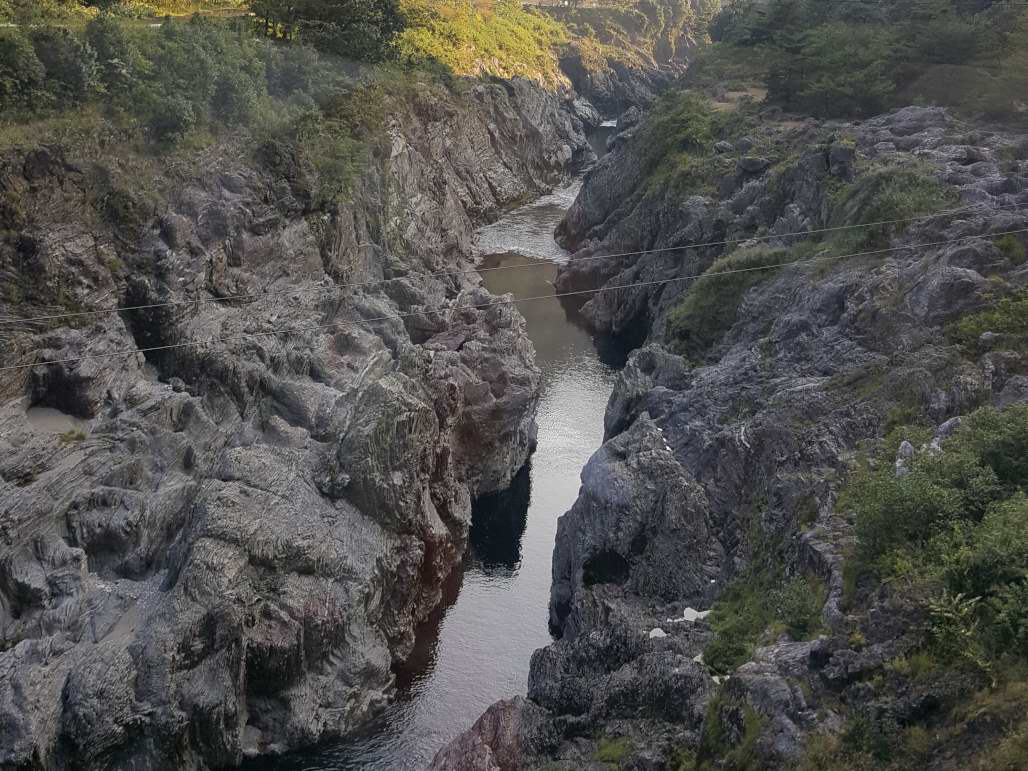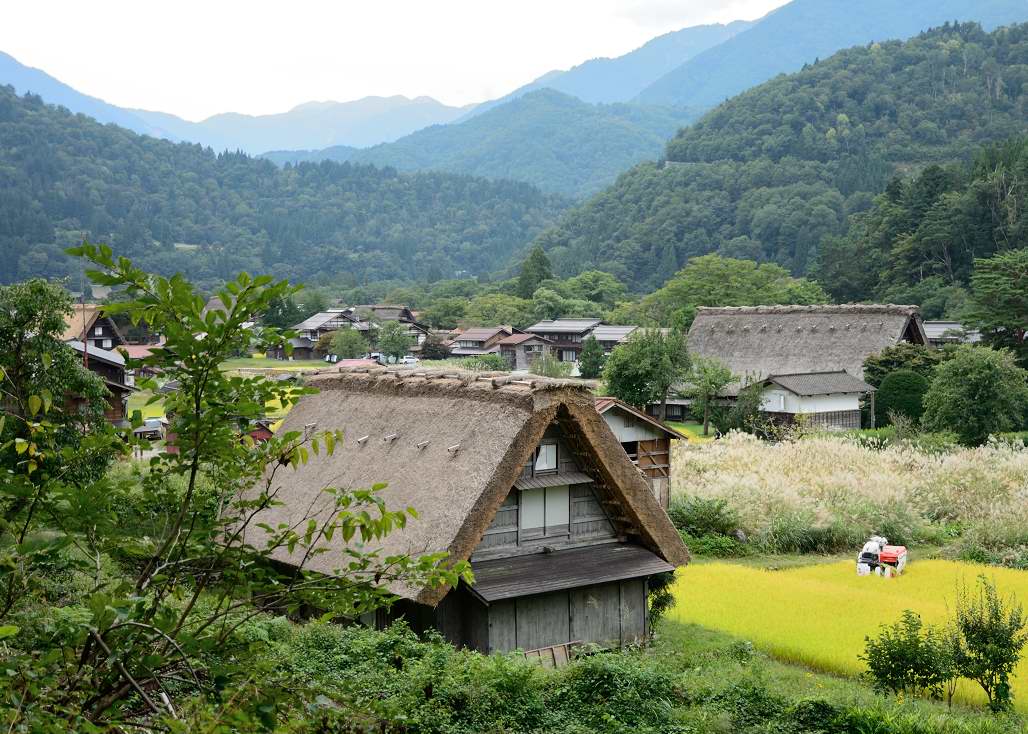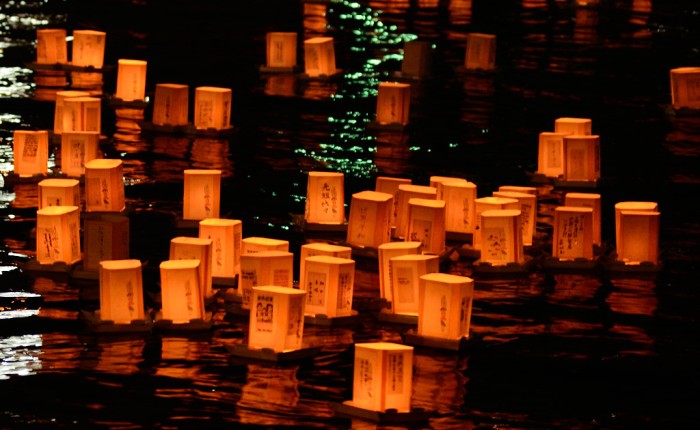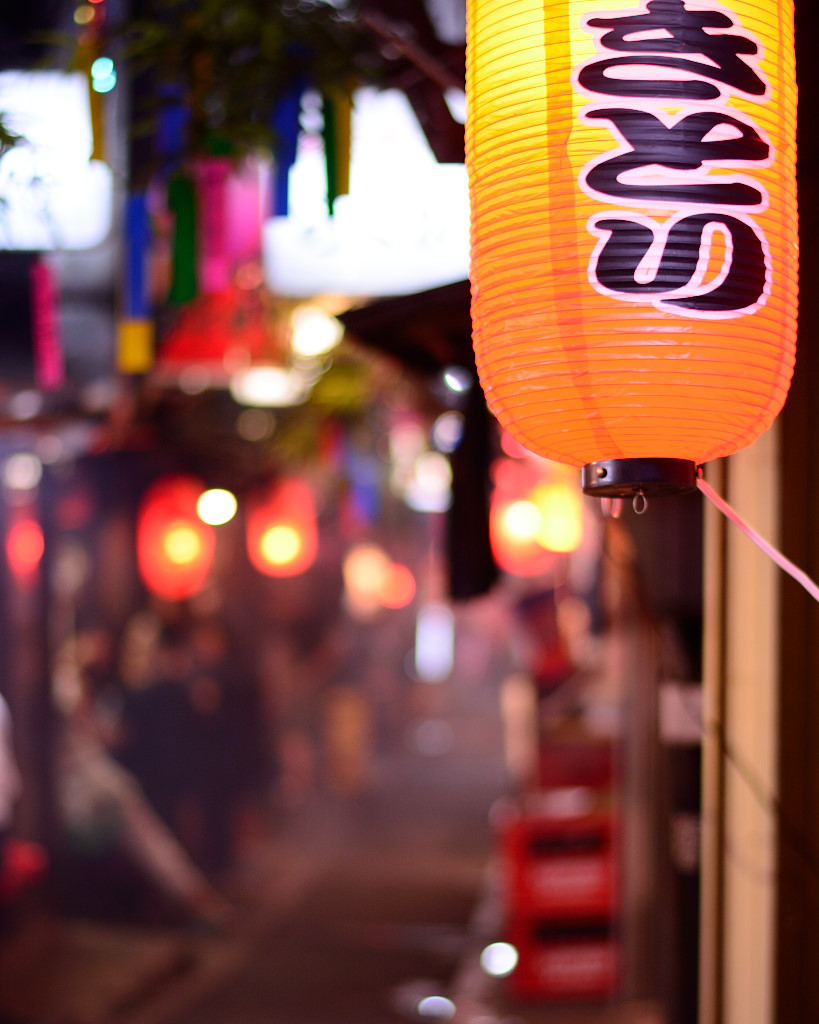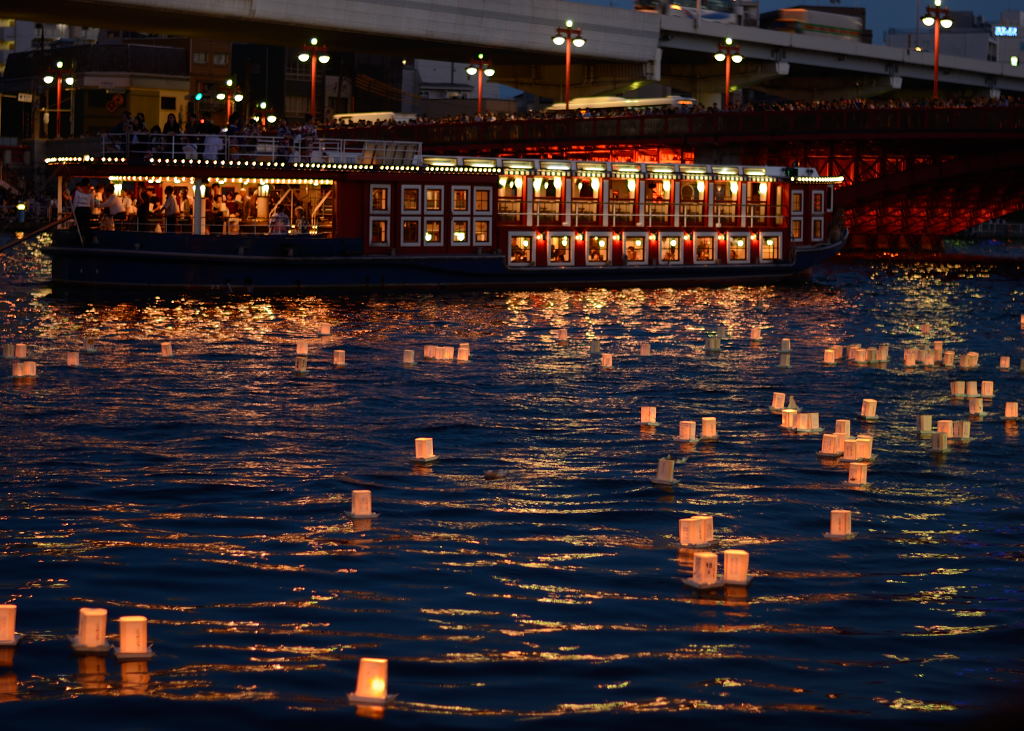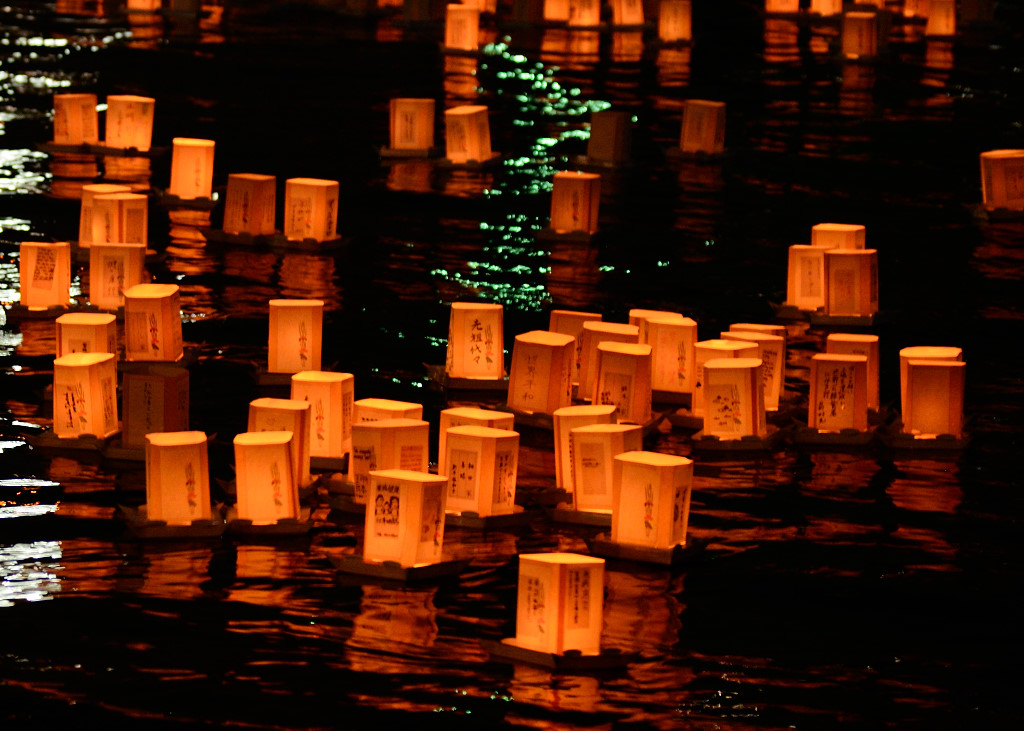Since I published an article over two weeks ago I’ve been trying to get another written. It’s not that I haven’t found time to write, I have. It’s not that I don’t have anything to write about, I do. So why haven’t I been able to get on written? My writings having been completely jumbled. There’s no clear thread to any of the articles I’ve attempted to write: they are all a mess.
I have writer’s block.
This wasn’t how I thought writer’s block would manifest itself. I’ve often imagined a writer sitting at their desk, their hands poised over a keyboard waiting to start typing. They would appear calm and relaxed, but inside there would be a blankness, they could not see what they wanted to write. They’d be waiting for that idea, that spark that would spring them into action and then their fingers would fly across the keys – writer’s block forgotten.
That is not what it is like for me.
I have been writing continually for over two years. I created a separate area in my OneDrive account to store these writings. They were never meant for publication and I didn’t want there to be any mistakes. They were purely a way for me to privately express my thoughts, feelings, and emotions as a method of self-preservation. I’d read that writing was a way to protect mental health, so I’d just write. It tumbled out from me onto the page, I filled document after document, page after page, with never any thought of returning to them again. It was my equivalent of transferring all my emotions onto a stone before casting it out into the sea.
These ramblings were impossible to control. They touched on topics so painful that I just needed to get them out without any filtering between myself and the words I was typing. I’m not yet ready to re-visit them.
Now, after writing like this for two years, I need to add structure back to my writing otherwise I’ll not be able to publish again.
I also find my mind haunted by some of the things that I’ve lived through. As soon as I sit down to write I have them churning around, disrupting the calm that I need to structure my thoughts.
My blogging has always been honest, it’s always been about my experiences in life. I’ve used myself in examples to make my point. I know that what I have written in the past has helped people. I can only continue doing that if I continue with my honesty.
So, how do I move forward?
One thought is to have a very clear list of topics that are off the table. This should give me a safety net in my own mind to use while I am writing. But this would only be a stop gap. Dancing around traumas does not resolve them. That painful task would still lie ahead.
The thing is: playing it safe is not how you grow, or how you heal. Dancing around a weakness does not improve it. I injured my back when I was 17 and resting it made it worse. When I hurt my shoulder in Japan it was only when I restarted my strength training did I start regaining my mobility. And it was only through tackling my dyslexia head on that I developed my unique way to turn it into a positive.
Running away from these issues is not going to help me. I must face them and writing with the aim to publish will help me to work through them. But there is no way I can publish it all. The only solution I can see is for me to write the article but blank out the bits too painful for me to publish. I hope you can give me that.
I cannot go through the healing I need without painful self-examination.

